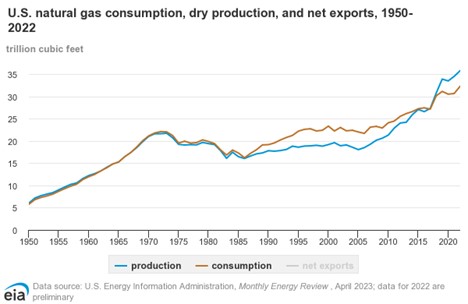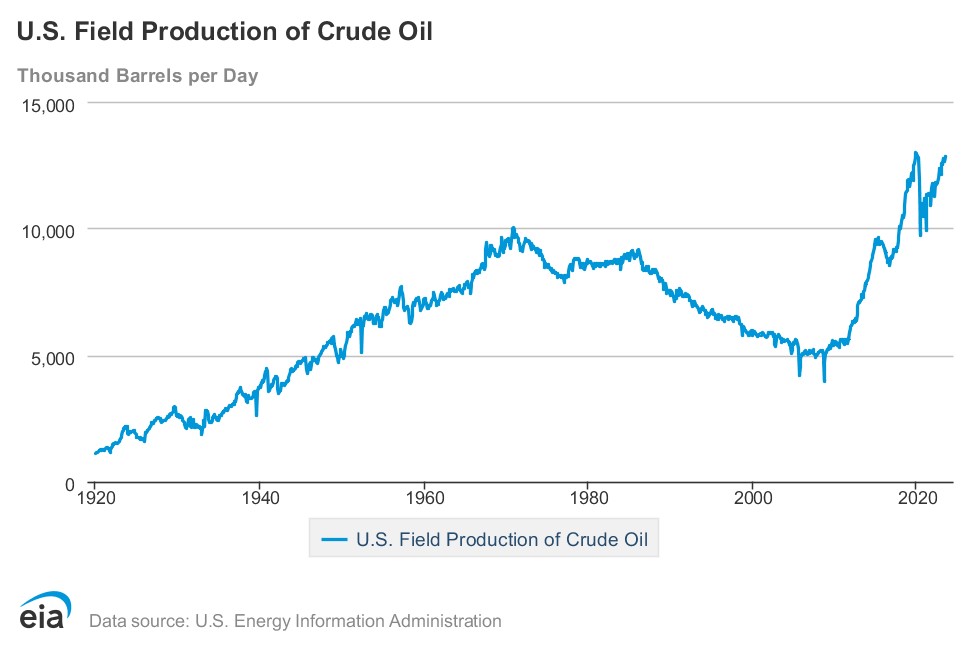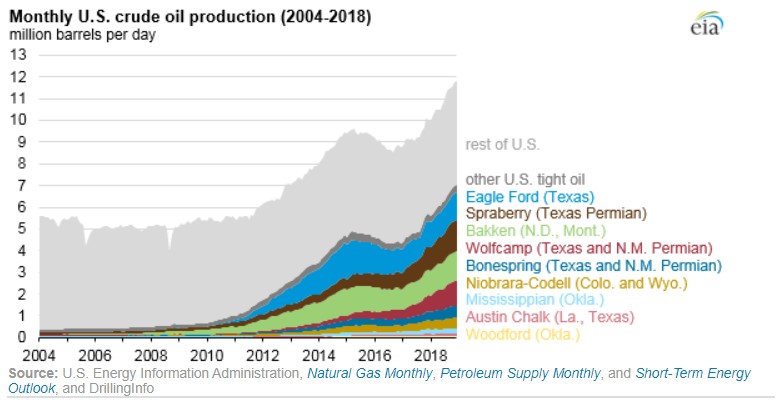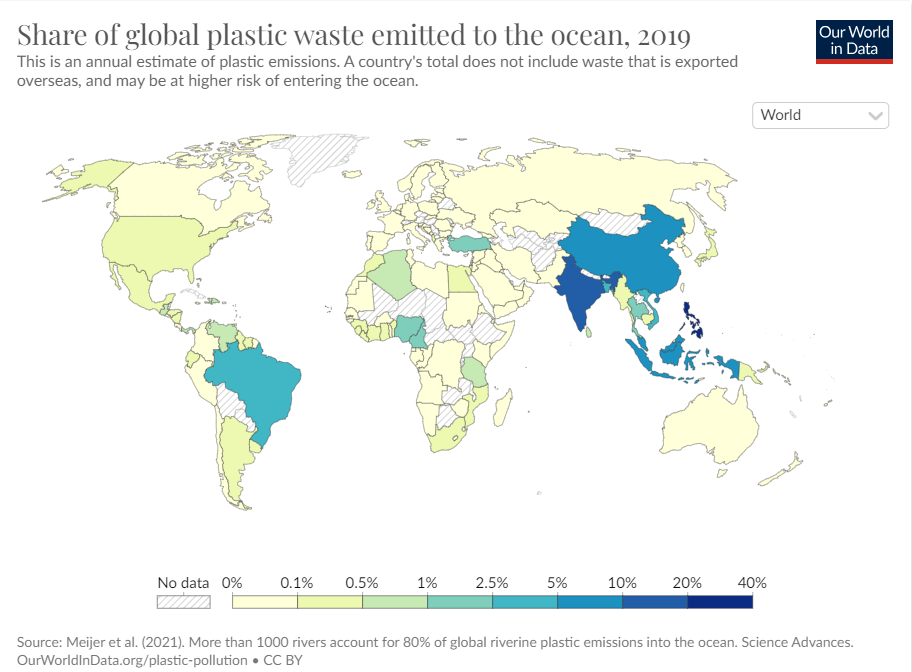Robert F. Kennedy Jr. wants to ban fracking
Photo: Daniel Schwen, Wikimedia Commons (CC 4.0)
Robert F. Kennedy (RFK) Jr. has become popular in some conservative circles due to his criticism of the nation’s response to the COVID-19 pandemic, but his views on energy policy are further to the left than Joe Biden’s.
On Friday, September 15, 2023, RFK Jr. wrote an editorial in The Hill outlining his 10-point plan to fix the “plastics pollution crisis.” Kennedy’s summary of this plan on Twitter shows he supports a ban on hydraulic fracturing, which is the technology that made the United States the world’s largest producer of oil and natural gas.
7. I will ban fracking, which provides the feedstock for most of the plastics produced in the U.S.
— Robert F. Kennedy Jr (@RobertKennedyJr) September 15, 2023
There are a few things to unpack here. One, banning hydraulic fracturing would be so devastating to our energy security that even Joe Biden hasn’t attempted to prohibit it, and two, there is no plastics pollution crisis in the United States.
Banning fracking is the worst possible idea
Hydraulic fracturing has been the most transformative energy technology of the 21st century, and banning it would be the worst energy policy imaginable because it would cause oil and natural gas prices to skyrocket.
For decades, American natural gas production was falling or stagnant. However, that began to change in 2005. By 2022, U.S. natural gas drillers had nearly doubled total natural gas production in just 17 years.

This increase in supply caused natural gas prices to plummet, reducing the cost of home heating and making it possible to use natural gas for electricity generation. Now, natural gas is the largest source of electricity generation in the United States, accounting for 40 percent of generation. Banning fracking would cause electricity prices to skyrocket.
It is the same story for oil because hydraulic fracturing more than doubled domestic oil production as fracking turned Texas, New Mexico, and North Dakota into major oil producers. Fracking is now responsible for 66 percent of the nation’s oil production.

All of the growth in U.S. oil production is due to hydraulic fracturing because conventional oil production has been steadily declining. Without fracking, oil prices would skyrocket to over $200 per barrel, and gasoline would cost $9 per gallon.

Kennedy’s plan to ban fracking would devastate hard-working Americans with high energy costs and destroy 100,000 high-paying jobs in the oil and gas extraction sector. If you want to read more about the devastating impacts of a fracking ban, you can read our seven-part series here.
Plastic pollution is not a crisis in the United States
Kennedy is proposing to ban hydraulic fracturing and force energy prices to skyrocket to address a problem that doesn’t even exist in the U.S.
Data from a 2021 study show that just 0.25 percent of ocean plastics enter the ocean from the U.S. The study demonstrates that the vast majority of ocean plastics come from developing countries in Asia, South America, and Africa, with these continents accounting for 94.5 percent of plastic in the oceans.

People in high-income countries use more plastics than people living in low-income countries, but high-income nations can afford better management of this plastic in the form of landfills and recycling centers. These are luxuries that low-income nations cannot afford, so the plastic ends up being dumped into rivers and carried out to sea.
Some of the plastic that ends up in the oceans in Asia is shipped there from the United States and Europe for recycling. However, a recent study found that much of the European plastic shipped to Asia for recycling ends up in landfills or the ocean.
Kenney’s views on energy and the environment are shockingly divorced from reality. His plan to ban fracking to reduce plastic pollution would cause enormous pain for almost zero gain because only 0.25 percent of all the plastic in the oceans comes from the United States. We would be far better off paying people to pick up litter to reduce plastic in our waterways than banning plastic feedstocks.